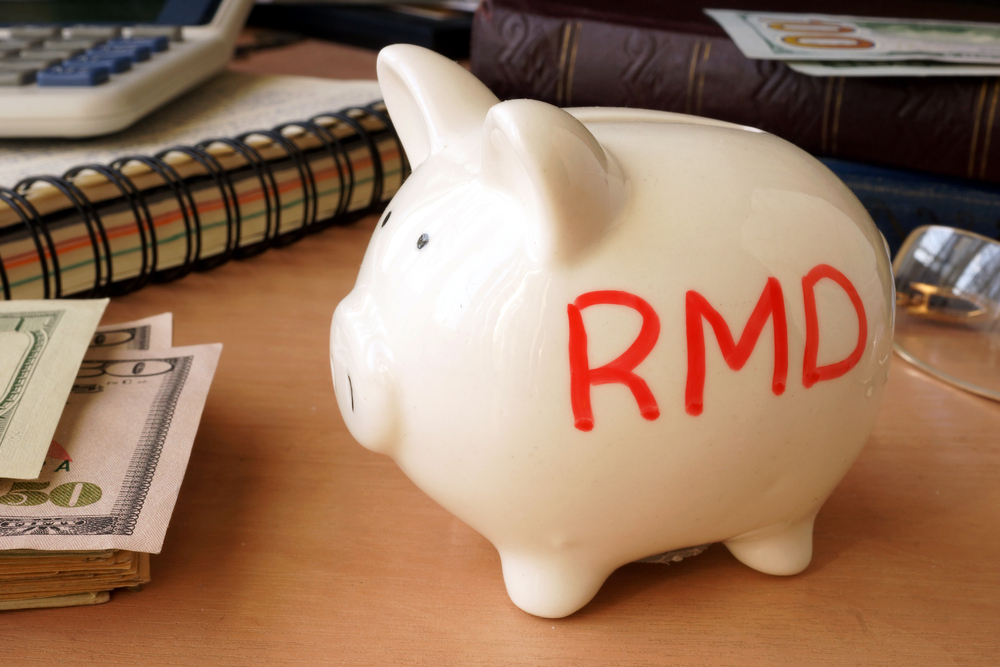Federal law requires that beginning on April 1 of the year after you reach age 70 1/2, you must begin withdrawing a minimum amount from your non-Roth Individual Retirement Account (IRA) or 401(k) accounts. These withdrawals are called required minimum distributions (RMDs).
But what if you die after age 70 1/2 and before all the account funds have been distributed? In the eyes of the law, death is no excuse not to take RMDs from an IRA or 401(k). Your heirs must take the final RMD before they can take control of the account.
Congress created the rules governing the minimum distribution of retirement plan funds to encourage saving for retirement and to allow retirement assets to build up tax-free during the plan owner’s working years. But lawmakers built in provisions so the money wouldn’t simply keep accumulating tax-free forever. The funds you withdraw are treated as taxable income in the year you take the distribution. If you don’t start taking the RMDs from your retirement accounts and pay taxes on the withdrawals, you will face a 50 percent penalty on what should have been withdrawn but wasn’t.
The rules for inheriting an IRA as a spouse are different than the rules for a non-spouse beneficiary, but regardless of who is inheriting the IRA, the heir must take the RMD for the year the account owner died. The full RMD must be taken by December 31 in the year the account owner died, even if he or she died at the beginning of the year. To take the RMD, beneficiaries must contact the custodian of the account and submit a death certificate. If the account owner died before he or she was required to begin distributions, then the beneficiaries do not need to take an RMD.
The money from the RMD will go directly to the beneficiary listed on the account, not the estate. That means it will be taxable income for the beneficiary. If there is more than one beneficiary, it will be split evenly.
To find out the best way to deal with an inherited IRA, contact your attorney.
If you need help with your IRA disposition or any elder law, estate planning or probate administration matter, contact the law offices of R. F. Meyer & Associates. Call 614-407-7900, send an email to Info@ElderLaw.US, or simply fill out the contact form at ElderLaw.US/Contact.
